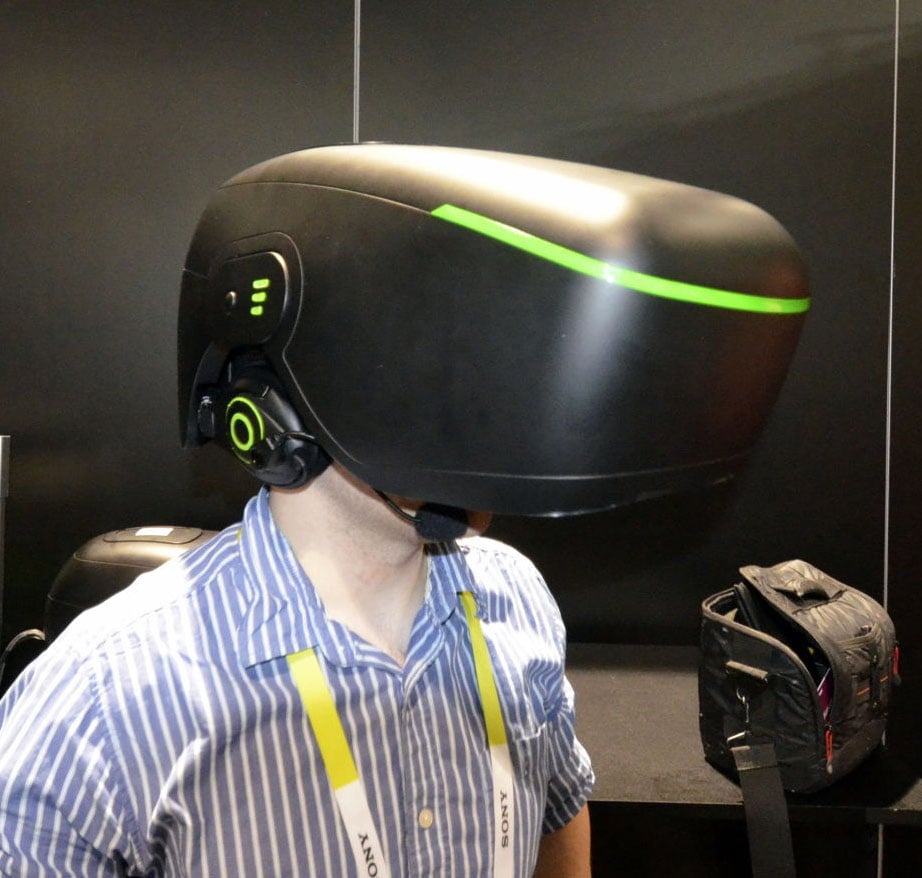- 7 Posts
- 164 Comments

 2·6 days ago
2·6 days agoHonestly, k8s + GitOps at home is my project that I’m just starting this week. I found a community around it (on Discord 🤮) called Home Operations.
Docker Hub sucks and is VERY strict with rate limits. Try ghcr.io or the aws container registry.

 5·7 days ago
5·7 days agoGitOps + Renovate
Gives you:
- automation of updates
- smart notification of updates that are below a certain confidence that it won’t break stuff
- rollback: simply
git revert - the whole shebang
Some stacks that work well with GitOps are:
- k8s + Flux or ArgoCD
- Nix(OS)
Mixing them is a LOT of complexity though. Just pick whichever you are most comfortable with. If you want a declarative immutable OS just for running k8s, check Talos Linux.
If you don’t want to deal with GitOps, Nix or k8s, and you don’t need recent versions, just run Debian and set a cronjob for auto updates. Then only deal with potential breaking changes just once every 5(?) years or thereabouts.
Saab Gripen.
Not to be confused with the much more expensive twin-engined Eurocanards Dassault Rafale and Eurofighter Typhoon
What is the F-35C doing in the popular club? The Canadians wanted an F-35 with a refuelling probe and a shorter landing roll, and they would sooner throw a chute and a probe on an F-35A than get a Charlie. Even the USN only got it because they were forced to, and clearly prefer their Super Hornets.
Nobody likes you, F-35C
Meanwhile Elf Ears has scored with Czech Republic, Hungary and Brazil. And the sexy but truly unbearably arrogant French gal has scored with Croatia, Egypt, Greece, India, Qatar.
The US Navy retired the AIM-54 Phoenix in 2004, and the Tomcat kept flying without the Phoenix as a recon and strike platform until 22 Sep 2006.
The Iranians have also been strapping Hawk SAMs to the Tomcat. Can’t seem to upload pics now so have a look: https://duckduckgo.com/?q=iriaf+f-14+hawk&t=brave&iax=images&ia=images

That’s the neat part, you don’t!
Most of (what we call) Linux OSes are formally GNU/Linux. GnuCash is as close as it gets to “made for Linux”. If you don’t want an accounting-specific application, but just generic spreadsheets, check out LibreOffice.
I highly recommend GnuCash for accounting though: a fellow board member cleaned up an org’s accounting by putting it all in GnuCash, where it was a bunch of error-prone Excel sheets before. That really made it easier to keep track and to do it right.
A quick Google shows Quickbooks to be cloud-based accounting software. For FOSS accounting, GnuCash exists so you could try that (it can also run on Windows and macOS). However, it’s unlikely to have feature parity so if you like the added convenience that Quickbooks offers, see if you can use Quickbooks in a browser. Being cloud-based, they would probably build a browser version before building a Linux desktop app. If they don’t and you need to run a Windows desktop app on Linux, you can probably do this using Bottles (which uses Wine and Proton under the hood, the tech that enables the Steam Deck).

 6·7 months ago
6·7 months agoAnd the drones kept tumbling down in the city that we love

 2·7 months ago
2·7 months agoThis is not bad content but if you want to vent this kind of stuff, consider posting in !vegancirclejerk@lemmy.vg instead

 18·7 months ago
18·7 months agoPlasma fan and aspiring Cosmonaut, though I have Swayed in the past and have a tendency to get Hypr.

 4·7 months ago
4·7 months agoIt’s a new desktop by the Pop!_OS team, System76. They previously used Gnome extensions but to make a snoother, more performant experience, they have been working on an entirely new desktop environment + toolkit, all in Rust. They call it Cosmic.
The new Cosmic Store is super fast and smooth, perhaps the fastest package manager GUI on Linux desktop.
Check out this speed comparison against GNOME Software: (Cosmic starts around 1:10) https://files.catbox.moe/mzz004.mp4
If you’re on Pop!_OS 22.04 you can already install it with
sudo apt install cosmic-store.There’s a few other COSMIC apps available but the store is the most usable one right now IMO. The text editor is fun too though. If you’re on another Debian based OS, you can probably add the system76 repo and then install it.
That’s amazing!
I get it, I actually use the exact same distros you mention: Pop!_OS, Endeavour and Fedora.
Had the same experience with Pop!_OS: those few things that did not “just work” but needed tinkering caused quite some issues. And yeah, somewhat more bleeding edge than Ubuntu LTS is nice: to use neovim on the 22.04 base, I’d need to use distrobox or build vim from source, but on Fedora and Arch, it “just works”.
I liked Endeavour, though I haven’t really used it with a DE, I went with Sway. So hard to compare, but the manual sysadmin intervention everyone keeps talking about has been minimal. AUR is amazing, pacman is fast and sane.
I went to Fedora because it is bleeding edge enough, but seems better tested and more stable than Arch. Also wanted to see how BTRFS is setup on there and test the rollbacks. The codec stuff has been terrible though. Even after enabling RPMFusion and installing a bunch of them, the Fedora source Firefox still refuses to do video calls in MS Teams. I’m using Flatpak browsers now but downloading flatpak updates is way slower than even the worst package manager for “native” binaries. Feels a bit odd to have to use a Flatpak for the browser.
If I had to install a new pc today, I’d go EndeavourOS with KDE (which I’m using on Fedora now), BTRFS and systemd-boot. I got to know systemd-boot in Pop!_OS and have tried a different boot manager (rEFInd), but systemd-boot is amazing.
Genuine question: what is it about Fedora that keeps you coming back? I have also used Debian based and Arch based distros, as well as Fedora.
Congrats! I hope I’ll be able to join you soon!
For me it’s a combination of factors that make the barrier for this last use case higher. I almost exclusively play DCS: World in VR using a Reverb G2 WMR headset. I’ve had a friend offer his worn Valve Index, which should work on Linux. But:
- I’ve heard mixed things on SteamVR Linux support (supposedly they just shipped a ton of fixes)
- DCS:World in VR is hard enough to run smoothly on a bog-standard Windows 10 setup. And there’s quite a bit of artefacting in Wine/Proton. I’m not sure the added troubleshooting and glitches is worth it
- My graphics card is an Nvidia. This means I’d like to wait for 555 and proper Wayland support to land fully and I’d probably lose out on the DLSS speed boost on Linux. Or I should sidegrade to an AMD RX 6900XT.
It’s a bit of work. In the meantime, at least as long as Windows 10 still gets security updates, I wikl continue to use my Windows dualboot for VR flight simming only

 42·8 months ago
42·8 months agoThanks for pointing that out! I made it into a shitty meme over at !linuxmemes@lemmy.world

 3·8 months ago
3·8 months agoUbuntu does not require the model either. It’s an optional service that Canonical offers. They just market it in a weird way (inside the package manager)
I’ve been trying to explain that choosing to pay for this “extended security service” this is completely unnecessary if you just upgrade your OS every few years.










Animals are individuals, servers are cattle!
The Vegan GitOps lifestyle